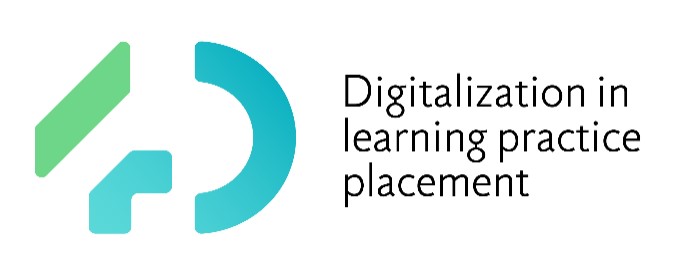Two IGTP groups lead a European analysis to understand key factors for digitalisation in practice environments

The research groups in Nursing Care (NURECARE) and Innovation, Health Economics and Digital Transformation (INEDIT) from the IGTP are leading the publication of the first report on the key factors for introducing digital technologies in professional nursing practice environments. Through this effort, professionals from the Germans Trias Hospital are participating for the first time in the design of a comprehensive analysis of the required changes, while also offering recommendations to ensure the success of any initiative aimed at incorporating these technologies into hospitals.
The report, created within the framework of the Erasmus+ 4D project (4D in the digitalisation of learning in practice), is a European Union funded project designed to bridge the gap between the different actors involved in learning contexts, fostering a better practice-based learning experience in healthcare settings. The consortium, led by Tecnocampus Mataró, includes active participation from the Germans Trias i Pujol Research Institute and Hospital, and also counts on the support and participation of other internationally renowned institutions such as Technische Universität Graz (Austria), Universität Duisburg-Essen (Germany), Universytet Medyczny w Lublinie (Poland), University of Twente (Netherlands), and Kubify BV company (Netherlands), among others.

The introduction of mobile technology in clinical education has the potential to enhance learning experiences and knowledge retention, while also developing clinical skills and providing a cost-effective solution for clinical education programmes. However, the learning process in clinical environments involves various actors like tutors, supervisors, teachers, and students. During this complex process, tasks and mentoring must be synchronised with educational and clinical processes. The report's objective is to outline the key factors in different models and theories in practice-based learning (centres, different actors, processes) and identify the main facilitators and barriers, as well as discussing the needs and perspectives of health students and actors involved in clinical education. To achieve this goal, a series of focus groups were organised throughout Europe, giving a voice to students and other actors involved in internships.

The analysis identifies that a positive attitude towards mobile applications, improvements in the quality of clinical education, management of the learning process, and enhanced patient care quality, among other benefits for patients, are some of the main facilitators.
Conversely, the lack of clear regulations and guidelines, the low cultural acceptance of using mobile devices for scientific and educational purposes, concerns about patient confidentiality, privacy and security, technical issues, costs, inadequate infrastructure, information literacy, digital competencies, and students' and tutors' skills are the main challenges that, according to this report, need to be addressed to ensure a successful environment for any intervention in this direction:

